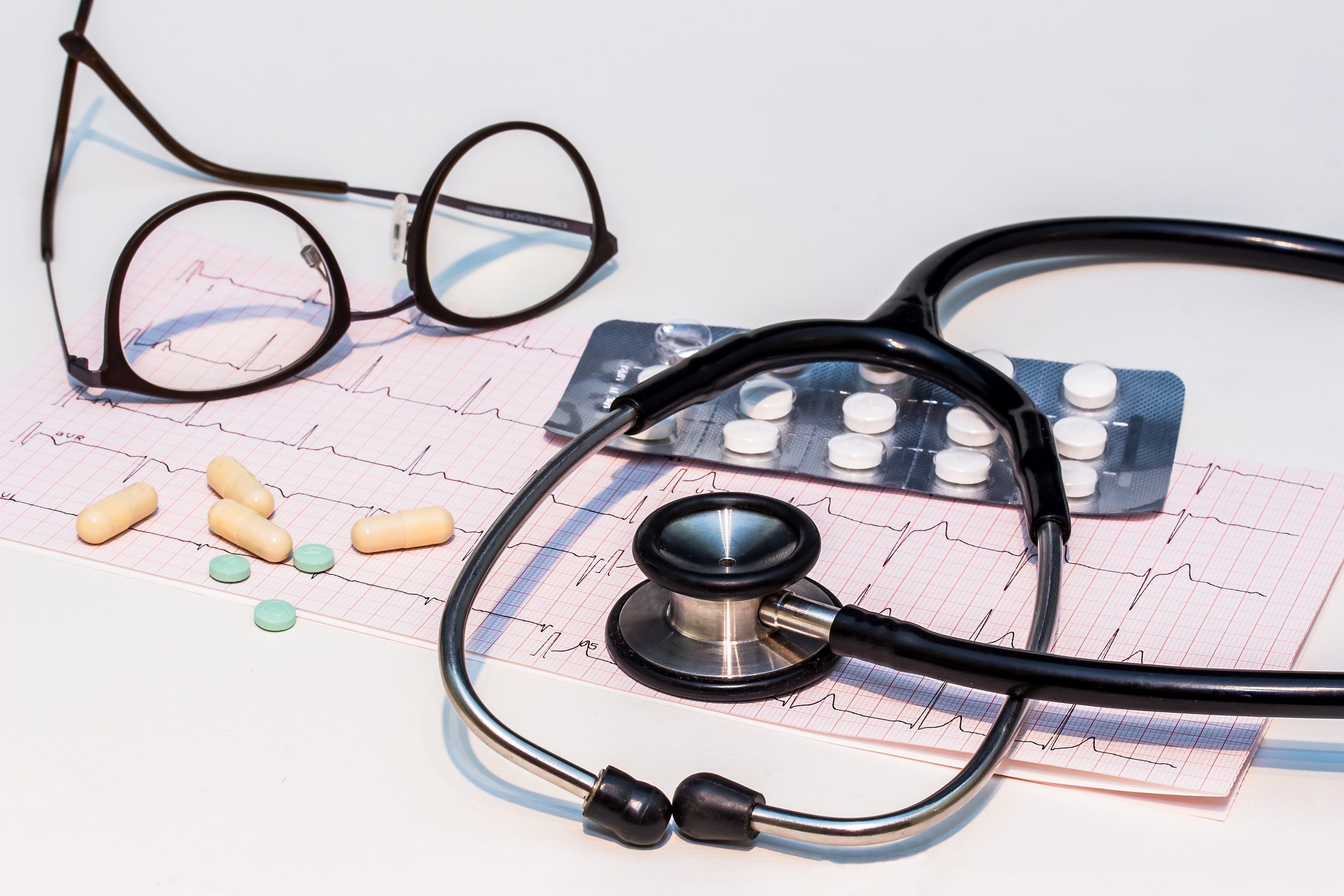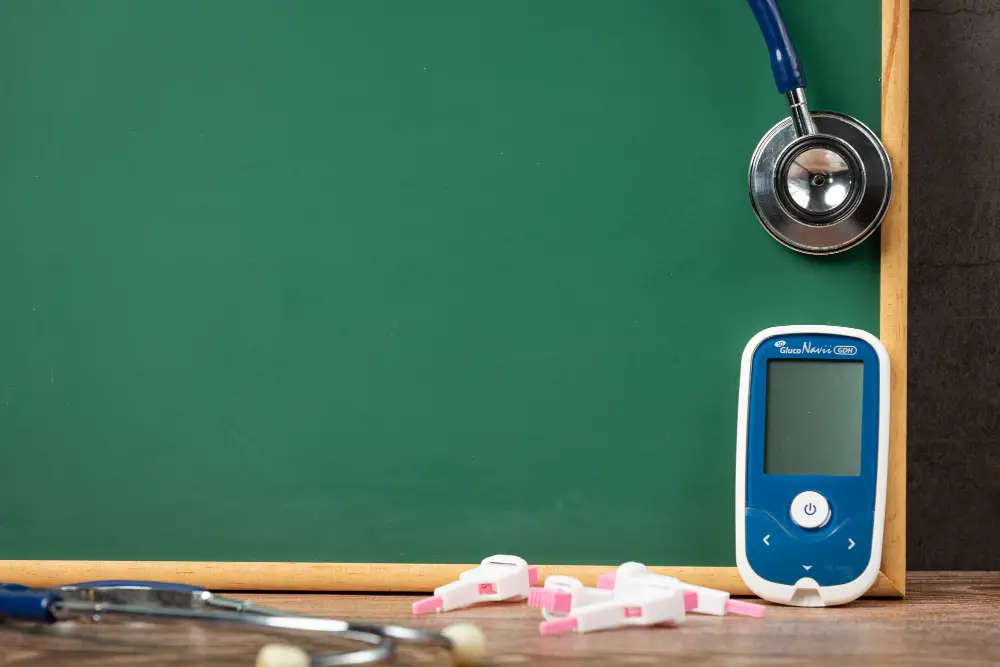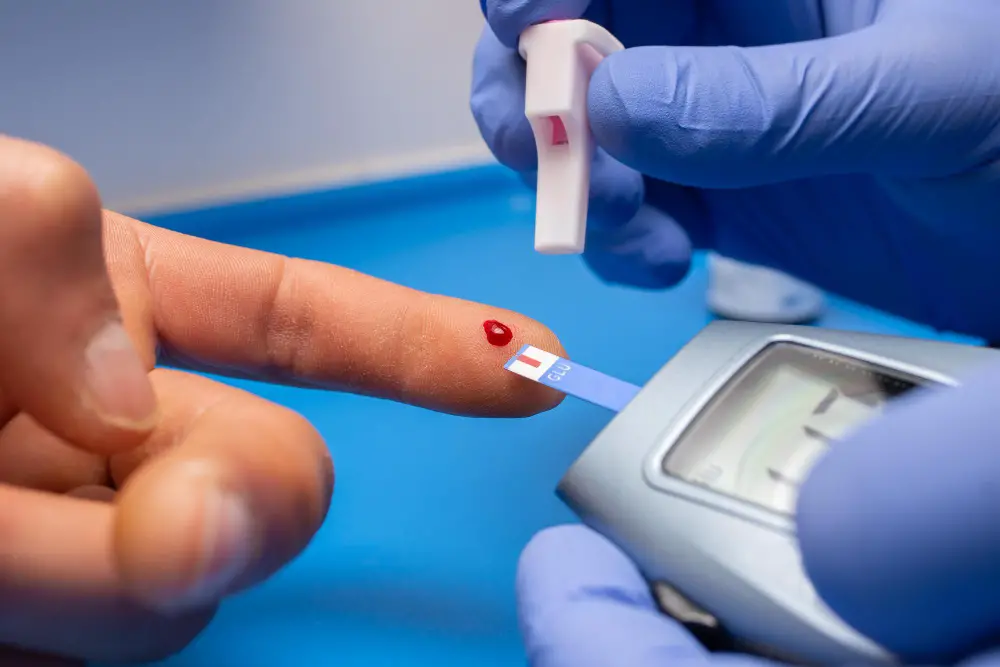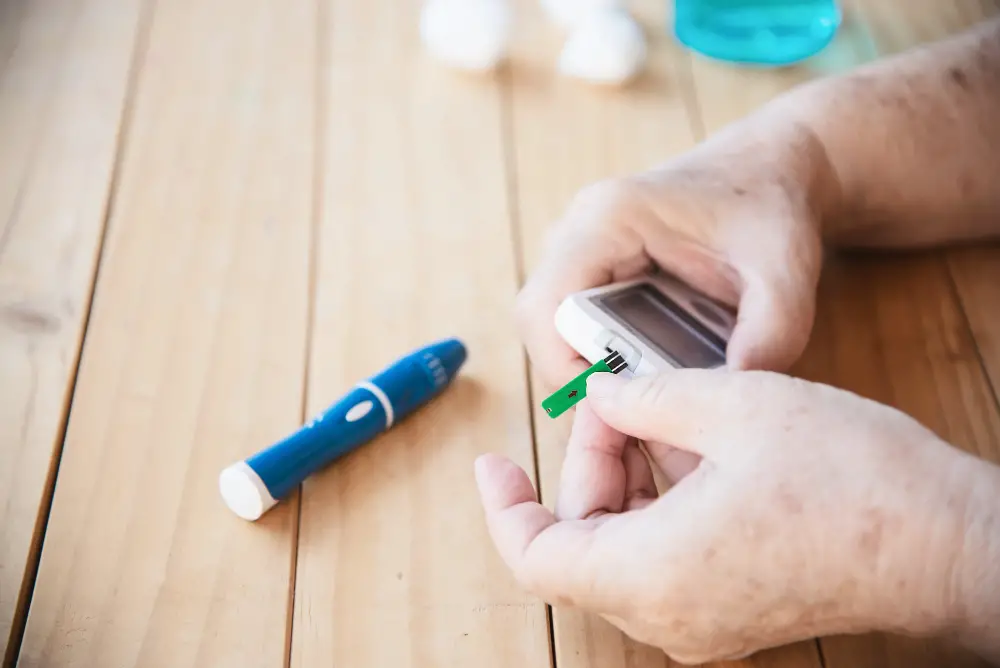
Atrial Fibrillation: Drugs to Avoid
-
- Dr. Junaid Arshad
- November 14, 2021
- 0 comments
Table of Contents
Introduction
If you want to know what drugs to avoid in atrial fibrillation, this article has all the required details, gathered after a detailed evaluation of available studies on this topic.
For a better understanding of why some drugs need to be avoided with atrial fibrillation, one must have basic knowledge about what afib is? What are the symptoms? Which drugs are used for treatment?
What is atrial fibrillation?
Atrial fibrillation is a disease of heart rhythm.
A normal heartbeats in a regular fashion with an average rate of 72 times per minute.
With AF, heart rhythm becomes irregular, and heartbeat usually reaches more than 100 times a minute.
The prevalence of AF in the entire world is 37,574 million cases which makes 0.51% of the world’s population
and it has increased by 33% in the last 20 years. [0]
It can cause some dangerous complications like heart failure and stroke, affecting the quality of life.
In patients with AF, the risk of death increases by 2-fold and the risk of stroke increases 5-folds.
Symptoms of Afib
These patients may experience palpitations, dizziness, fatigue, light-headedness, breathing difficulty & a decrease in exercise tolerance.
Some patients may remain completely asymptomatic.
How to diagnose Afib?
A simple 12-lead EKG can confirm the diagnosis of Afib.
Latest smartwatches and mobile phone apps also have a feature of detecting heart rhythm by recording a single lead EKG & can help diagnose afib.
Drugs used for treating Afib
Drug treatment involves 3 things.
- Heart rate control
- Heart rhythm control
- Blood thinners (anti-coagulants)
Other treatment options include cardioversion and catheter ablation.
There is no single best medication or drug of choice for atrial fibrillation as the treatment usually involves more than 1 drug for correction of rate, rhythm, and blood thinners which decrease the risk of stroke.
Drugs for rate control in atrial fibrillation
The main class of drugs used to control heart rate is called beta-blockers.
Under certain circumstances, calcium channel blockers and digoxin can also be used.
These drugs reduce heart rate for e.g, from 100-120 beats per minute (bpm) to 80-90 bpm.
Heart rhythm, however, may remain unaffected by these drugs.
The best and the most commonly used beta-blockers for heart rate control in afib include bisoprolol (Zebeta) or metoprolol (Lopressor).
Antiarrhythmic drugs for atrial fibrillation
Anti-arrhythmic drugs are used for the correction of heart rhythm.
These drugs can convert an irregular rhythm to a normal regular rhythm called sinus rhythm.
Commonly used antiarrhythmic drugs for atrial fibrillation include amiodarone, flecainide, dofetilide, propafenone & sotalol.
Out of all these, amiodarone is the most effective in maintaining the normal sinus rhythm but also causes more complications with long-term use. [1] [2]
Blood thinners for atrial fibrillation
This class of drug also called anti-coagulants is not used in every patient with afib.
Only patients with moderate to high risk of stroke need them.
Patients are categorized as high risk, moderate risk, or low risk for stroke based on a score called CHADVASC score.
Anti-coagulant drugs used include warfarin, a vitamin K antagonist, or a direct anticoagulant (DOAC) which include drugs like rivaroxaban, dabigatran, and apixaban.
Atrial Fibrillation treatment in elderly
Atrial Fibrillation treatment in the elderly, like more than 80 years of age, sometimes involve a little different strategy.
Just rate control rather than rhythm control is done in such elderly population and blood thinners are also sometimes avoided as there is a risk of bleeding.
The reason for using rate control strategy in the elderly population is that they are more prone to side effects of antiarrhythmic drugs.
Also, their afib is mostly asymptomatic.
The use of blood thinners is determined by a score called HAS-BLED.
Common triggers for Afib
A few triggers for afib are as follows:
- Infections
- Stress
- Anxiety
- Food Items (Click for a detailed article as per latest research)
- Any other illness
- Drugs, which are the prime concern for this article.
Atrial fibrillation: Which drugs to avoid?
The three main culprits in this class are
- Adenosine
- Dobutamine
- Aminophylline/Theophylline
These drugs need special consideration keeping in view the frequency of their use and the higher incidence of afib as compared to other classes of drugs.
Let’s discuss them in detail one by one.
Adenosine
Adenosine is used intravenously for the termination of supraventricular arrhythmias.
It causes a reduction in conduction time through the AV node, thus interrupting the re-entry pathways.
This is how it causes a restoration of normal sinus rhythm.
It can induce Afib in 1-15% of patients. [3]
A good thing about adenosine-induced AF is that the episodes are short-lived, probably owing to its very brief duration of action.
Adenosine’s half-life of elimination is less than 10 seconds.
In a case series of 8 patients, who developed AF during adenosine stress testing, episodes of AF lasted from 15 seconds to 6 hours. [4]
In all those patients AF reverted to normal sinus rhythm without any intervention, & none of them developed any complication. [4]
Adenosine-induced AF can be dangerous in a subset of patients having an accessory pathway disease like WPW syndrome.
In these patients, it can cause hemodynamic instability with patients developing shock and life-threatening arrhythmias requiring defibrillation. [5]
So, in conclusion, although adenosine can induce AF in a significant number of patients, it is usually benign and self-resolving.
All we need is continuous monitoring of heart rhythm to detect AF or any other arrhythmias if occur.
Dobutamine
It is an inotropic agent.
It acts on beta-adrenergic receptors of the heart to increase the automaticity and the conduction velocity & hence shortens the effective refractory period.
Mechanism by which dobutamine causes Atrial Fibrillation
The risk of Afib is increased with activation of beta-adrenergic receptors as it enhances the levels of intracellular 3’-5’- cyclic adenosine monophosphate (cAMP).
An increase in cAMP levels causes activation of protein kinase A.
Protein kinase A modulates the cycling of intracellular calcium by enhancing the activity of target proteins like the ryanodine receptor, phospholamban, and the L-type calcium channel.
As a result, the calcium that accumulates in the cytosol can cause depolarization in pulmonary veins and atrial tissue which can trigger afib.
Dobutamine is often required as an inotropic agent to treat ventricular dysfunction and maintain blood pressure after cardiac surgery.
So, the use of dobutamine post-cardiac surgery is an independent risk factor for post-op afib.
A study showed that in patients who develop afib post-operatively, dobutamine was used in 41% of them. [5]
Post-op AF can increase morbidity & duration of hospital stay.
Dobutamine stress echo and Afib
Dobutamine-induced AF during stress echocardiography is relatively uncommon.
Its incidence has been reported to be 1-4%, out of these only 0.18% required treatment & the rest of them resolved spontaneously. [6] [7]
Keeping in view the low incidence and benign nature of dobutamine-induced AF during echo and its high diagnostic importance, it should be performed as per routine.
In conclusion, considering the short-lived and benign nature of dobutamine-induced afib in most cases, its benefits are more than the risks.
Therefore, its use should not be stopped but, careful and continuous EKG monitoring is the key.
Aminophylline/Theophylline
Just like adenosine and dobutamine, there is a high level of evidence of afib with aminophylline.
It causes afib possibly by a similar mechanism of adrenergic stimulation as mentioned for dobutamine.
A study done in 1993 showed the development of afib in 3 patients when treated with intravenous aminophylline, all of them reverted to normal sinus rhythm after 9-14 hours. [7]
Other Drugs
There is a long list of drugs that can cause afib.
Their details are not worth mentioning here because of the following reasons:
- Low quality of evidence exits.
- Data available is either scarce or shows conflicting results.
- Afib induced by those drugs was transient and self-resolving with no clinical consequences.
The list of those drugs is as follows:
- Milrinone
- Flecainide, propafenone, amiodarone (antiarrhythmics can induce arrythmias as well)
- Calcium channel blockers
- Bisphosphonates (alendronate, risedronate, zoledronic acid)
- Albuterol
- Salmeterol
- Corticosteroids like methylprednisolone
- Anti-neoplastic drugs like cisplatin, interleukin 2, paclitaxel
- Anti-emetics like ondansetron
Who is more at risk of drug-induced afib?
Patients having risk factors and comorbidities for afib are more prone to develop drug-induced afib as well.
These include:
- Advanced age
- Alcohol intake
- Family history of afib
- Hypertension
- Thyroid disease
- Obstructive sleep apnoea
- Ischemic heart disease
- Cardiomyopathy
Take-Home
- Always consider and carefully sortout drug related cause in a patient with new onset atrial fibrillation..
- If any above-mentioned drug is found to be a potential trigger, drug cessation may be considered if alternate options are available but not if benefits outweigh the risks.
- No drug is absolutely contraindicated in patients with afib.
- Decision regarding cessation of the triggering drug may vary from patient to patient and is to be taken by the treating physician, keeping in view the risks vs benefit ratio.
- Drugs with high incidence and high quality of evidence for afib like adenosine, dobutamine, & theophylline should be used whenever indicated but with continuous ekg monitoring.
If you have suffered afib after taking any drug please do mention in the comments section.




